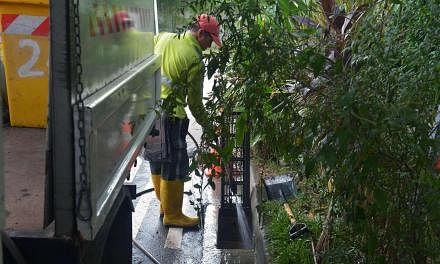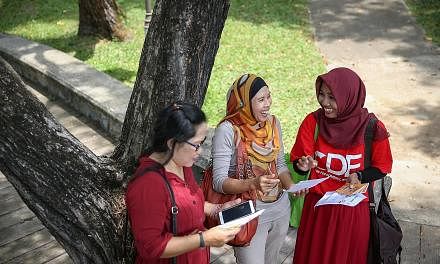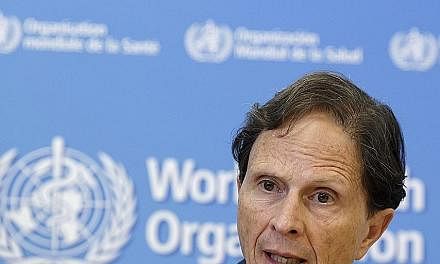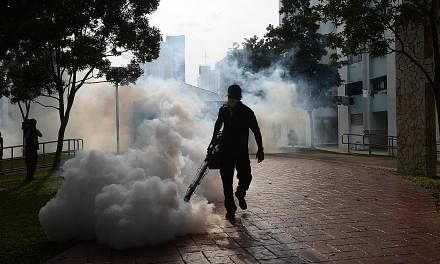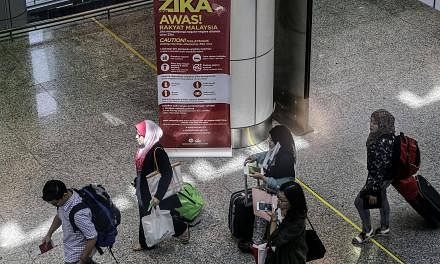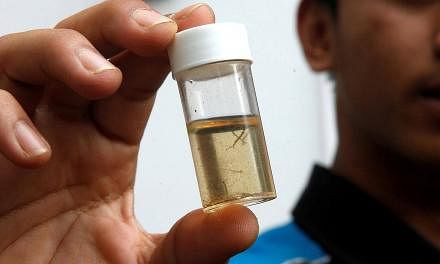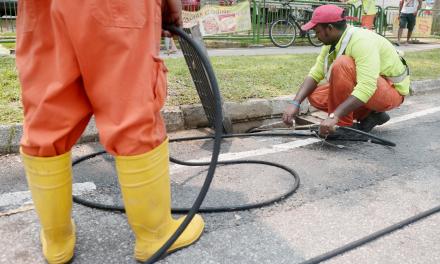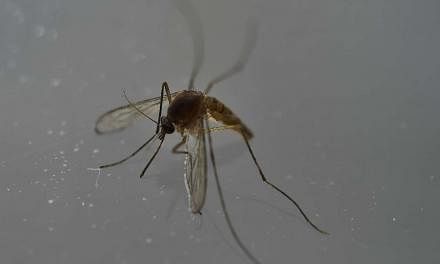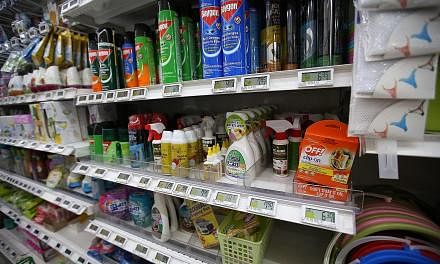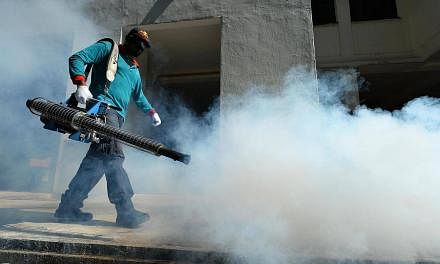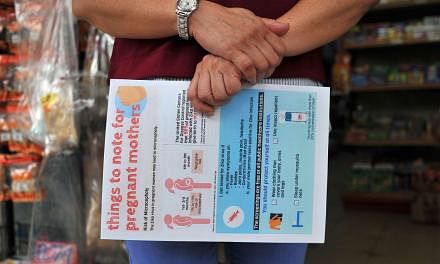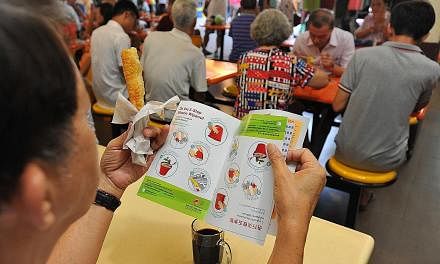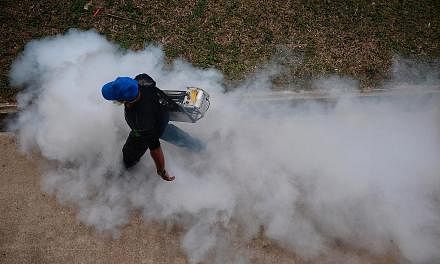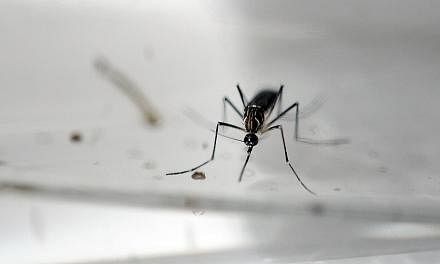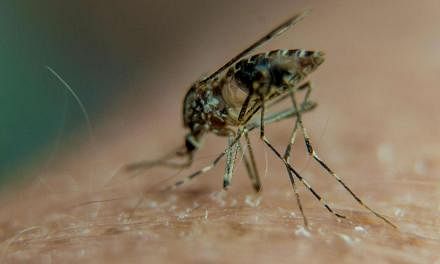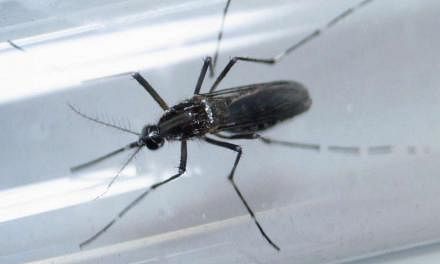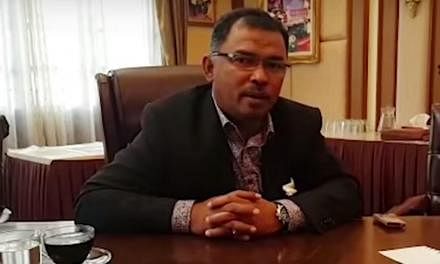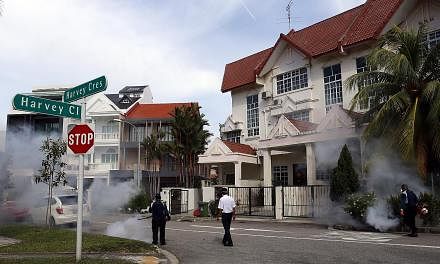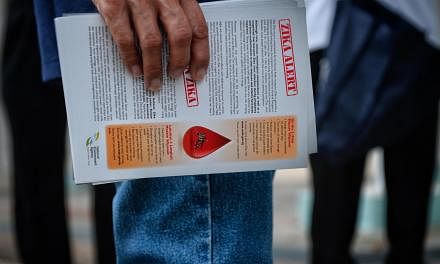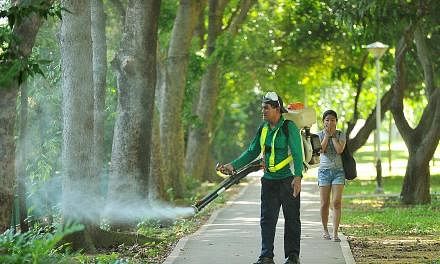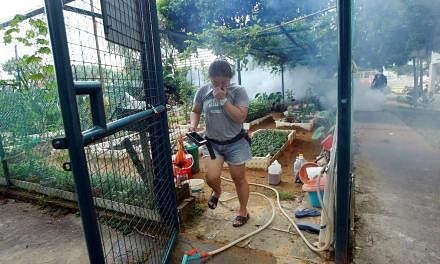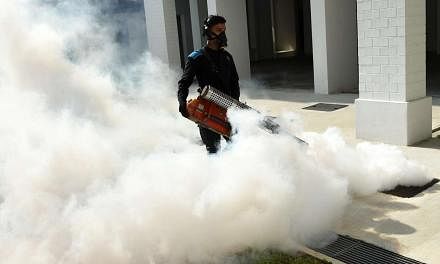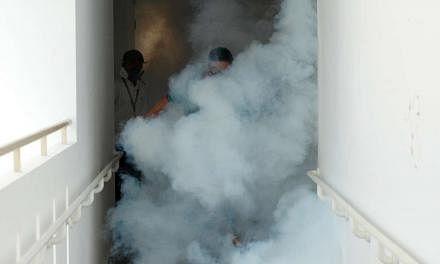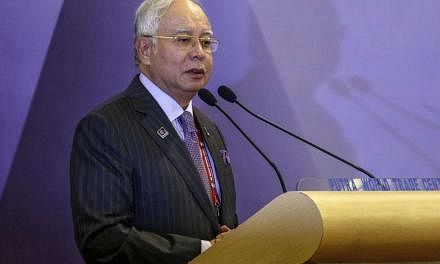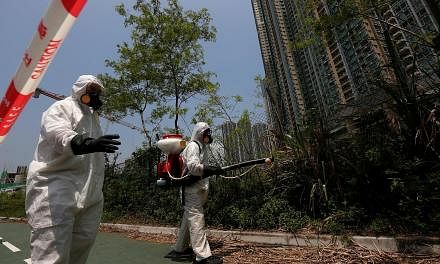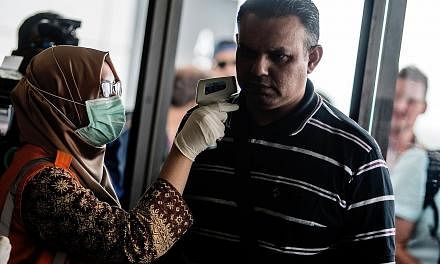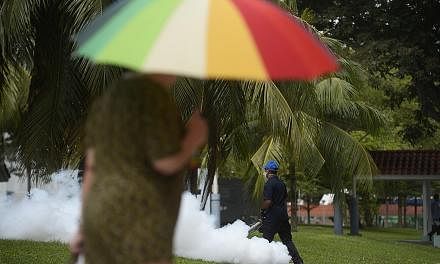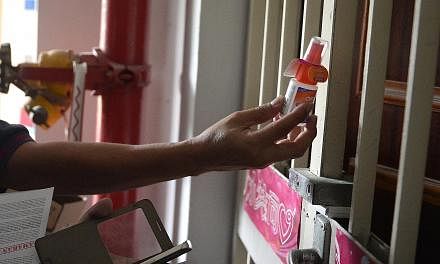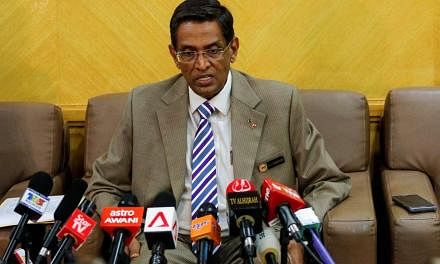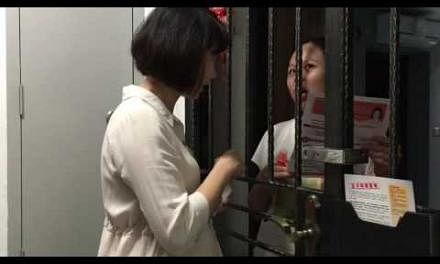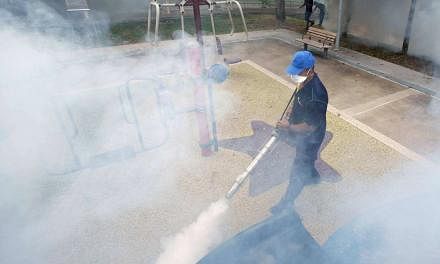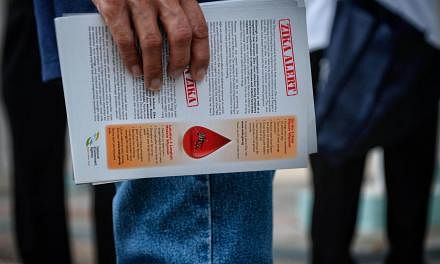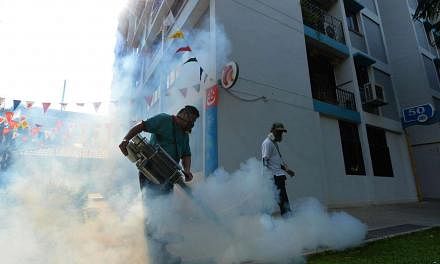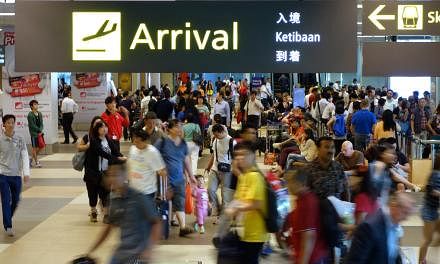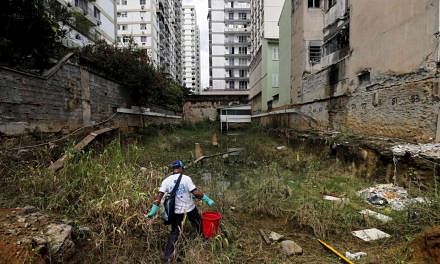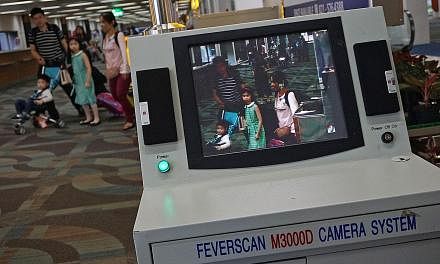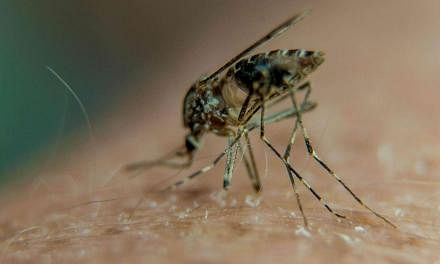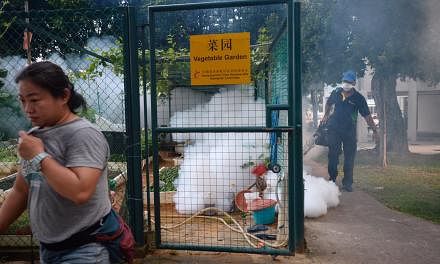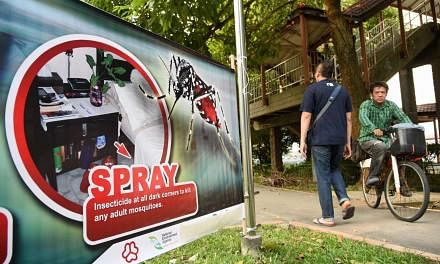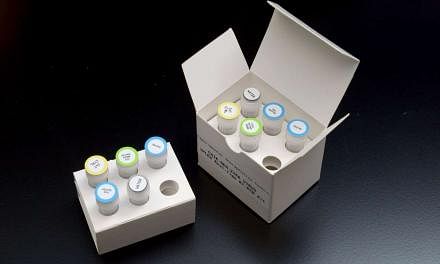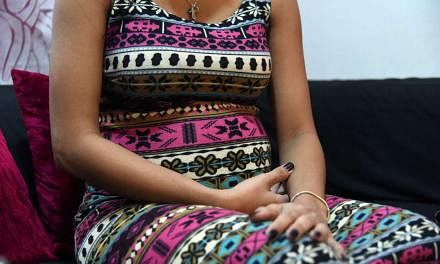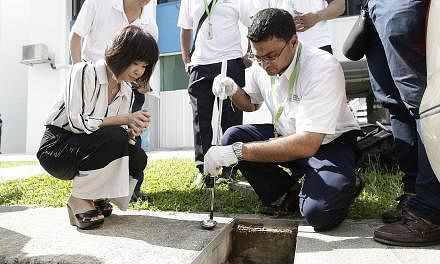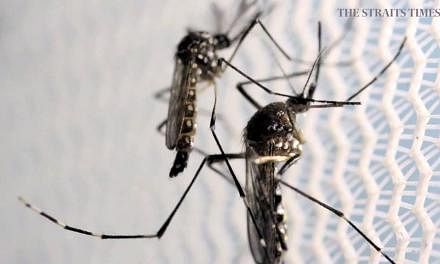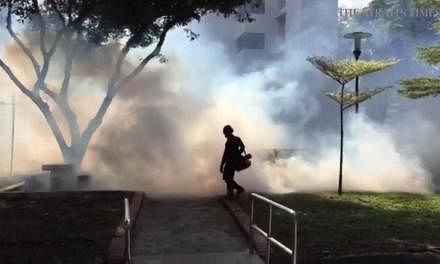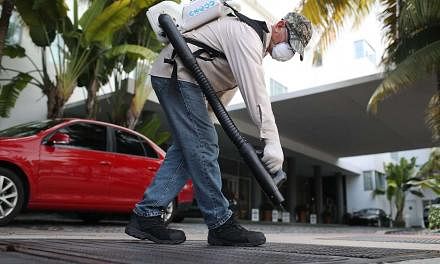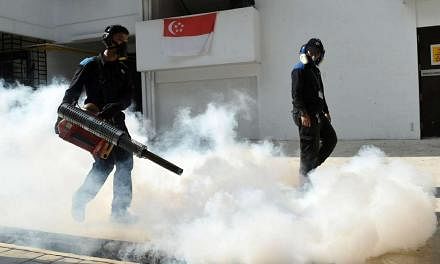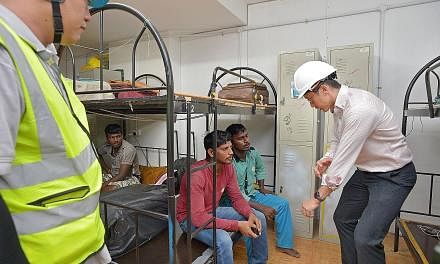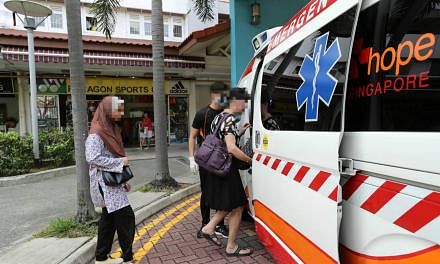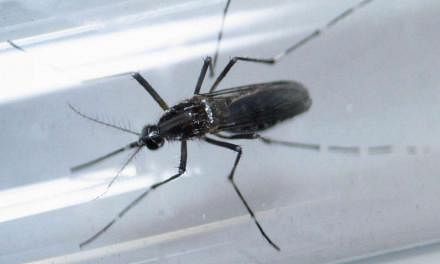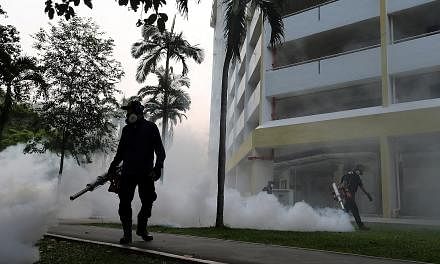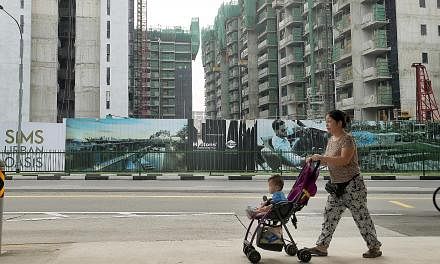The advisories issued by a host of countries warning of the danger of Zika infection at travel destinations are only recommendatory in nature.
Some countries, however, have taken measures to prevent the virus from being imported by travellers. Japan deployed temperature monitors at 110 entry checkpoints as early as February. Under Japanese law, airport quarantine officers may conduct medical examinations, including blood tests, on travellers suspected of an infection.
Those who are diagnosed with infectious diseases like Zika must be admitted to a hospital to prevent the spread of the disease.
China, South Korea, Taiwan, the Philippines and Hong Kong have also installed thermal scanners. However, there are limitations to temperature screenings, as the virus is asymptomatic in some people. This is why most countries rely on travellers to self-declare whether they have any symptoms of the Zika virus.
China is offering travellers from Zika-hit countries free health screenings, reports said. In South Korea, visitors who display symptoms like fever, diarrhoea or vomiting are asked to submit a health questionnaire and report to a quarantine officer for further examination. Visitors with Zika are not barred from entry, but are advised to seek medical treatment, according to the airport's quarantine department.
In the Philippines, all air passengers are required to declare their health status in a checklist before landing in the country. Those found with fever upon their arrival are tested and monitored for 14 days. In Hong Kong, if a Zika infection is suspected, the traveller may be provided with advice on seeking medical consultation or referrals to healthcare institutions for further management if necessary.
In Taiwan, all passengers arriving on international flights are screened. Passengers who show symptoms of Zika or dengue are asked to step aside for further checks. Quarantine officers also record their travel history and take their blood samples for lab tests.
Since February, Britain has asked airlines to use insecticide on all flights returning from countries with Zika transmission as a precaution.
But while travellers entering the United States are routinely monitored for illness, the US Department of Homeland Security says it is not currently taking any special measures to screen those coming in from Zika-affected countries. Australia has also not changed screening measures at its airports, which include disinfecting planes.
Both countries assert that there is no practical screening mechanism to detect people with Zika virus at airports or seaports, since most infected people are asymptomatic.
Walter Sim in Tokyo, Chang May Choon in Seoul, Jermyn Chow in Taipei, Raul Dancel in Manila, Joyce Lim in Hong Kong, Tan Dawn Wei in London, Jeremy Au Yong in Washington and Jonathan Pearlman in Sydney

